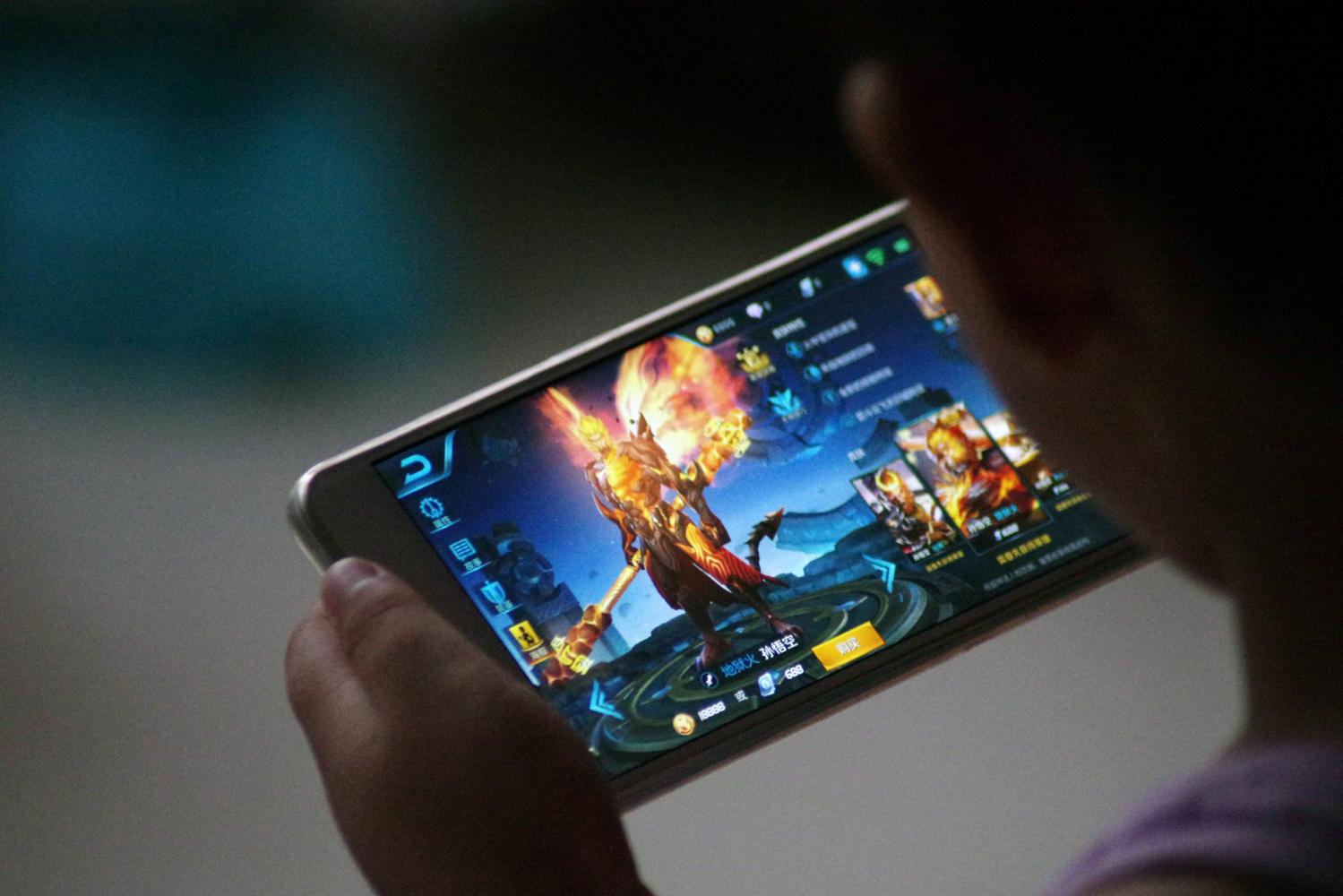
Tencent's flagship video game Honour of Kings has become the first online game ever to average more than 100 million daily active users. It was also the world's most lucrative mobile game in September with approximately US$240 million in sales.
The game's staggering success affirms China's increasing dominance in the online gaming industry, with Tencent the world's biggest games developer by revenue.
The popularity of online gaming soared during this year's Covid-19 lockdown, as people turned to games to fill time and escape reality. In the first half of this year, the number of Chinese online gaming users grew to around 540 million, the equivalent of 57.4% of all internet users in the country. Sales of online games in China rose to 139.4 billion yuan ($19.9 billion) from January to June -- a 22.3% increase year-on-year.
Homegrown games have consistently dominated the market, accounting for about 86% of total game sales from the first half. Tencent, which leads the Chinese gaming industry, is estimated to contribute 46% of overall gaming revenue in China and nearly 10% of the global online gaming market, making it the largest video game company in the world.
According to iiMedia Research, as many as 34% of Chinese gamers spend around one to two hours a day playing mobile games. Statistics also show that the average online gamer in China is relatively young (18-30 years old), urban, male, and has at least completed secondary level education.
Chinese companies are also exporting their games out of the country, leading to greater cultural influence in the region. Chinese gaming companies are well-established across Southeast and East Asia. Backed by Tencent, Garena, Singapore's largest game publisher, has a market value of nearly $4 billion and licences for several games in Southeast Asia, Hong Kong, Macau and Taiwan.
Chinese gaming companies have increasingly recognised the importance of the Southeast Asian market which shares some cultural parallels with China. For example, fantasy and martial arts-themed games featuring familiar tropes and storylines from Chinese culture have been highly popular in Southeast Asia.
However, players in Southeast Asian countries also have distinctive local preferences due to varying degrees of westernisation. For instance, role-playing games do well in Thailand while strategy games are more popular in Malaysia. The Indonesian gaming market is dominated by European and US games.
Chinese companies wanting to export their games should also be aware that offline platforms are still critical in Southeast Asia. Special fan events with players in commercial districts are regularly held to promote gaming products.
With augmented and virtual reality promising a more immersive experience and excitement for gamers, the Chinese gaming industry can look forward to many more good years ahead.
Suwatchai Songwanich is an executive vice-president with Bangkok Bank. For more columns in this series please visit www.bangkokbank.com